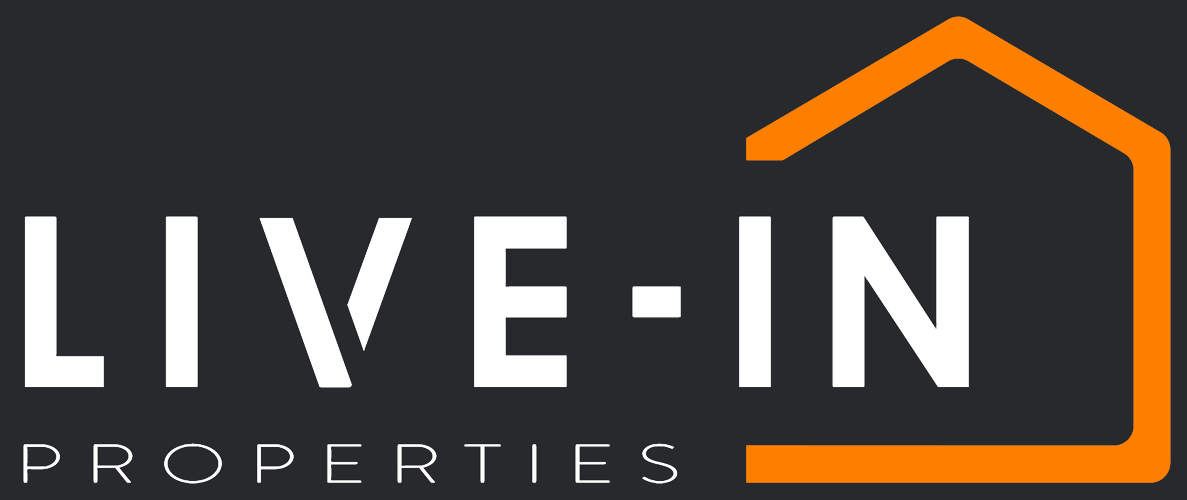Investing in Houses of Multiple Occupancy (HMO) has become an increasingly popular strategy for property investors looking to maximize rental income. With the rising demand for affordable and flexible housing solutions, HMOs offer a win-win scenario for both tenants and landlords. But what exactly is an HMO, and how can it benefit you as an investor? Let’s delve into the details.
What is a House of Multiple Occupancy (HMO)?
An HMO is a rental property occupied by three or more tenants from different households who share common facilities such as kitchens, bathrooms, or living areas. HMOs can range from small shared houses to large, purpose-built accommodations catering to students, professionals, and low-income individuals.
Why Invest in an HMO?
Higher Rental Yields Compared to traditional single-let properties, HMOs generate higher rental income since landlords charge per room rather than for the entire property. This model often results in better returns on investment.
Reduced Risk of Rental Void Periods With multiple tenants in one property, the likelihood of full rental voids is lower. Even if one tenant moves out, others remain, ensuring a continuous stream of income.
Strong Demand for Affordable Housing HMOs cater to individuals who need cost-effective housing options, such as students, young professionals, and key workers. This high demand keeps occupancy rates stable.
Potential Tax Advantages Some HMO landlords can benefit from tax efficiencies, such as offsetting expenses related to property maintenance, utilities, and furnishing against their taxable income.
Key Considerations Before Investing in an HMO
Licensing and Regulations Many local authorities require landlords to obtain an HMO license, ensuring that the property meets safety, space, and management standards. Failing to comply can result in fines and legal action.
Management and Maintenance Managing an HMO involves handling multiple tenancies, higher wear and tear, and regular maintenance. Some landlords choose to hire professional property management services to ease the workload.
Financing and Mortgage Options Not all mortgage lenders offer products for HMO investments. It’s essential to research and choose a lender specializing in this type of rental model.
Tenant Screening and Agreements Proper tenant screening and clear rental agreements help ensure a harmonious living environment, minimizing disputes and rent arrears.
Conclusion
Houses of Multiple Occupancy present a lucrative opportunity for property investors willing to navigate the associated challenges. With higher rental yields, strong demand, and reduced risk of vacancy, HMOs can be a profitable addition to any property portfolio. However, success in this sector requires thorough research, compliance with regulations, and effective property management.
If you’re considering investing in an HMO, take the time to assess the local market, understand licensing requirements, and implement strong management practices to maximize your returns.

